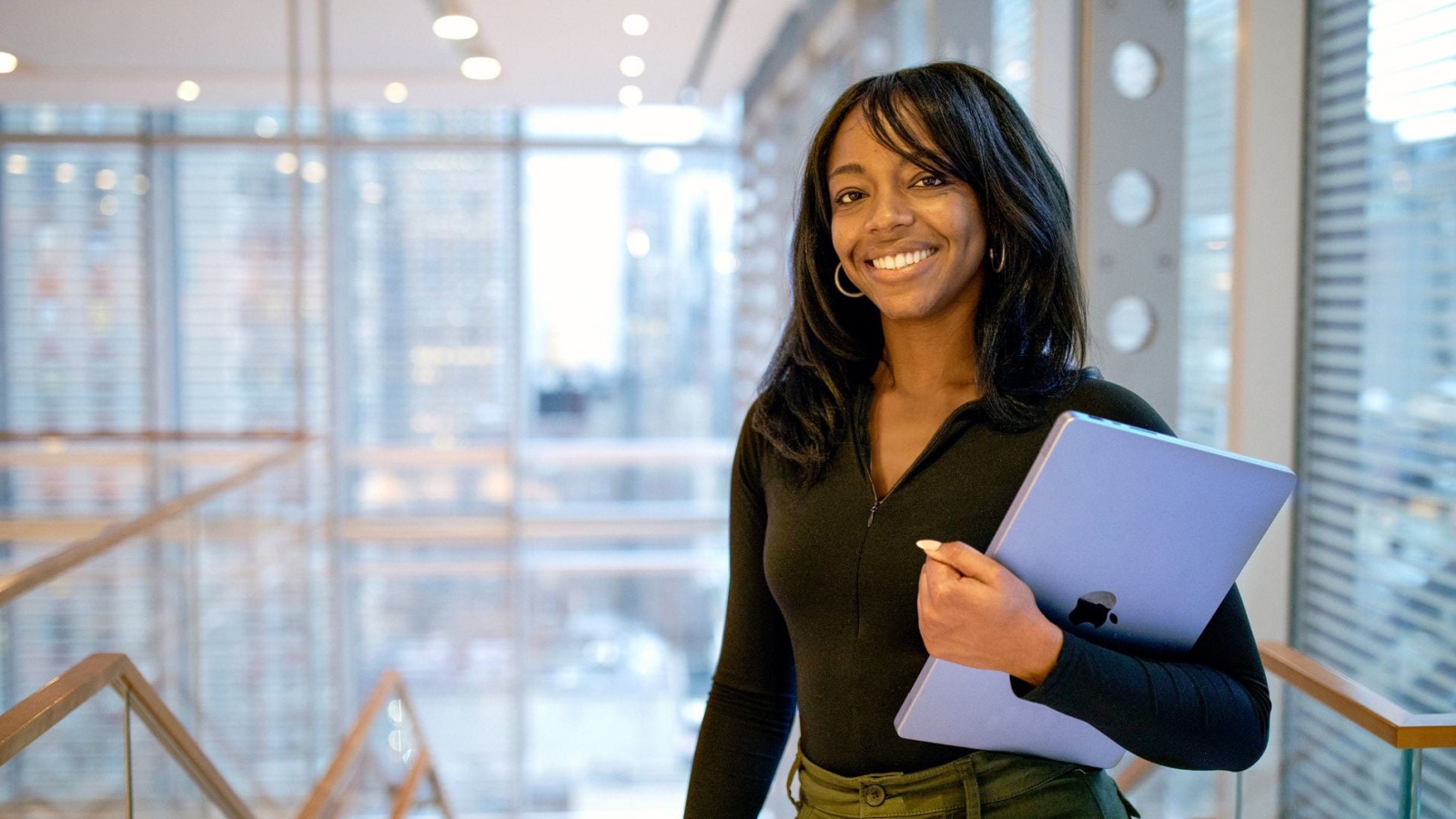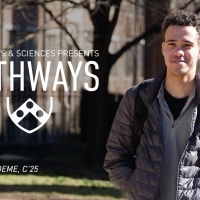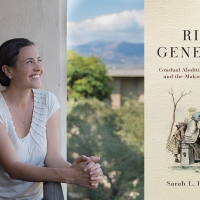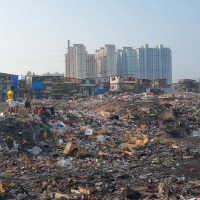A Celebratory Dedication for the Vagelos Laboratory for Energy Science and Technology
The opening of the 112,500-square-foot space—now home to the Vagelos Institute for Energy Science and Technology—marks the start of a new chapter in Penn’s study of energy science and the fight against climate change.

Archaeological Science, Hands On
The Center for the Analysis of Archaeological Materials, a joint endeavor between Penn Arts & Sciences and the Penn Museum, celebrates 10 years of teaching students how to interpret the past in an interdisciplinary context.

2024 Year in Review
As the calendar flips to 2025, we look back at a few of the dozens of stories we had the privilege of sharing this past year.
Building New Worlds
Bing Chen, C’09, discusses his vital role in shaping the YouTube content creation ecosystem, his Pan-Asian cultural investment companies, and his dream of becoming a 21st-century Walt Disney.
A First-of-its-Kind Master’s Program for Police Leaders
The new graduate degree from the Department of Criminology and the College of Liberal & Professional Studies will begin next fall. It aims to teach evidence-based research to foster more equitable practices.
Humanities, Natural Science, Social Science
Jeffrey Kallberg Named Interim Dean of Penn Arts & Sciences
Kallberg, Deputy Dean and William R. Kenan, Jr. Professor of Music, will step into the role as of January 1, 2025. Josephine Park, School of Arts and Sciences President’s Distinguished Professor of English, will succeed Kallberg as Associate Dean for Arts and Letters.
Penn Arts & Sciences Pathways: Tova Tachau, C’25 (Video)
Tachau entered Penn as a biochemistry and biophysics double-major, but a class in 20th-century Russian literature inspired her academic journey, which now includes a major in Russian and East European Studies.
Omnia Podcast: Democracy and Decision 2024 Episode Six (Audio)
In our final episode of the season, PORES Executive Director Stephanie Perry speaks with Rogers M. Smith, Christopher H. Browne Distinguished Emeritus Professor of Political Science, about what a second Trump presidency means.
Print Edition
Fall/Winter 2024

This issue features leaders in the climate change fight, a look at the storied career of David Wallace and the evolution of Penn Arts & Sciences under Dean Fluharty, Quaker Quotes, a “genius grant,” and so much more.
Penn Arts & Sciences in the News
The New York Times
The Science That Makes Baseball Mud ‘Magical’
November 4, 2024
“This is the magical thing: It spreads like face cream and grips like sandpaper,” says Douglas Jerolmack, Edmund J. and Louise W. Kahn Endowed Term Professor of Earth and Environmental Science, about mud that has coated all the balls used in Major League Baseball for decades. In a new study, Jerolmack and colleagues found what they consider to be remarkable mechanical properties of this mud.
The New York Times
Behind a Wall of Trees, Archaeologists Discover a Maya City
November 2, 2024
Simon Martin, an adjunct associate professor in the Department of Anthropology and a curator at the Penn Museum, comments on the discovery of a previously unknown Maya complex in Mexico. “It is fascinating,” he says. “This demonstrates, to a high degree of confidence, that the landscape was heavily populated everywhere.”
The Conversation
International Election Monitors Can Help Boost People’s Trust in the Electoral Process—But Not All Work the Same Way
November 1, 2024
In a piece Sarah Bush, Associate Professor of Political Science, wrote with colleague Lauren Prather of the University of California, San Diego, the pair argue that giving greater access and paying more attention to credible, nonpartisan election monitors in the U.S. could increase public confidence in elections.
NPR
Unknown Chopin Waltz Identified at Morgan Library and Museum in New York
October 31, 2024
Jeffrey Kallberg, Deputy Dean and William R. Kenan, Jr. Professor of Music, helped verify the authenticity of a recently discovered unknown work by the famous composer. “The way that Chopin writes clefs, the way that he writes noteheads and stems, the way that he writes dynamics, the color of the ink—all of those immediately said Chopin,” Kallberg says.













